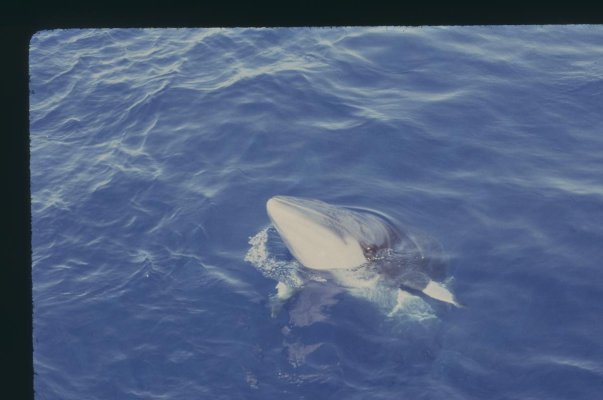Hippocampus
Guru
- Joined
- Jul 27, 2020
- Messages
- 4,182
- Location
- Plymouth
- Vessel Name
- Hippocampus
- Vessel Make
- Nordic Tug 42
See these terms used very differently by users of this site. What are your definitions?
I use them much the way I think insurance companies use them to judge risk or countries to judge jurisdiction.
Coastal-inside 50nm of landfall
Nearshore-inside 200nm of landfall
Offshore- greater than 200nm of landfall or outside the continental shelf
I use them much the way I think insurance companies use them to judge risk or countries to judge jurisdiction.
Coastal-inside 50nm of landfall
Nearshore-inside 200nm of landfall
Offshore- greater than 200nm of landfall or outside the continental shelf



